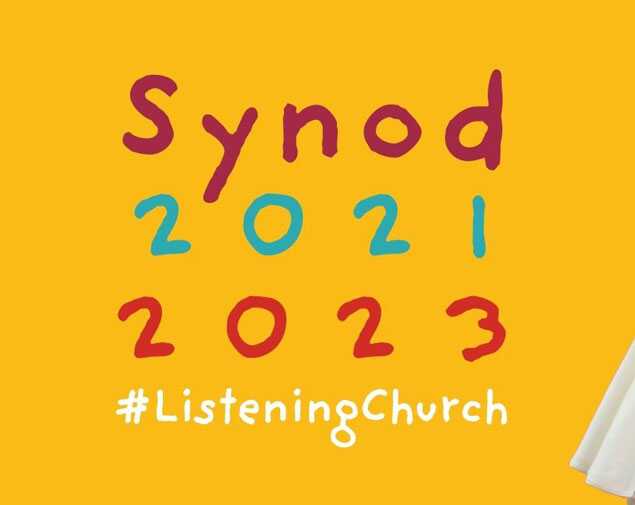Contact
Diocesan Offices
St Eugene’s Cathedral
Francis Street, Derry
BT48 9AP
Tel: 028 7126 2302
The relationship between the Pharisees and Jesus seems to have been very edgy. They were presumably decent people who, in their own minds, tried to do their best. When they were in Jesus' company, some may have been curious or testing him – 'watching him closely' as St Luke says - or trying to get him to tone down his radical message. Today, he is a guest at a meal – but upsets his hosts by challenging them about their concern for their social status. What might we learn?
Firstly, the only people that Jesus regularly condemns are the religious leaders. He has every sympathy and concern for the sinners, the lost sheep, the little ones and for the ones on the margins. He had little time for those who wanted to be big and the centre of attention, especially when they use their religious position to their advantage. After all, Jesus announced that he had come, not to be served but to serve and to give his life as a ransom for many.
We are in a position in the Irish church to review our models of leadership. Many people have their stories of what was perceived as arrogance or coldness on the part of clergy. Learning and knowledge can create a sense of superiority. An unreal and idealised image of the priest allowed for forms of abuse to take place. None of that should take away from the huge volume of unrecorded work that many clergy and parishes undertook during the awful years of the Troubles – and throughout the years. Our smaller number of the clergy are now subject to many unrealistic pressures. But Jesus still challenges us to develop a way of being church today that reflects how he interacted with people. Pope Francis described Jesus as 'the face of the Father's mercy'. Renewal in the church will happen when we give priority to revealing God's mercy to those who seek most need it. When we are convinced that we are simply channels of God's grace – whatever the cost to ourselves - then we stop letting our comfort, egos or private agendas get in the road. When we are too caught up in our personal priorities and status, then we get in the way of God's love.
The synodal pathway is not about how we change our teachings. It is about how we bring the full message of the Cross and Resurrection to our contemporaries. Anything less is merely playing some sort of silly popularity game which neither proclaims the real Jesus nor helps the hurting.
by Author
Thirdly, it is only when we in Church develop a Christ-like model of leadership that we can really speak with integrity about better forms of political leadership. It is easy to point out the failings in governments and political structures. In an entertainment culture, leadership can be reduced to a job that some people do, independently of their private lives. In that culture of stardom, it is easy for politics to be an exercise in grabbing power rather than a vocation to serve in very stressful situations. But, as someone said many years ago, the heart of leadership lies in the hearts of leaders. Good people can lead well because they inspire with their integrity. Those who have not got their own lives together will generally lack the capacity to bring the population together. Merely changing political boundaries or alliances will not create a better society. Good communities are built by good people who are led by generous public servants. That is the call of Christ to those involved in the vocation of politics. Without guiding moral principles, politics can become little more than reality television, full of sound and fury but signifying and delivering very little. People want to be inspired and not merely managed or mismanaged.
Today's readings are a challenge to all of us as to how we use and abuse power. In Christ's people, leadership has to be inspired and purified by Jesus in word and sacrament. But Christ's teaching is also meant to inspire people of faith to serve the common good by becoming involved in developing a refreshed model of leadership. We have known great figures in the past whose faith nourished their commitment to renewing our societies and continent. Jesus knows that, with great leaders, local communities can do great things. In today's Gospel he is not merely criticising those at table with him. He is sketching one more aspect of how the kingdom of God would look. Today he challenges all of us to buy into that vision. That hope is needed as much today as it ever was.
+ Donal McKeown

When you subscribe to the blog, we will send you an e-mail when there are new updates on the site so you wouldn't miss them.
Diocesan Offices
St Eugene’s Cathedral
Francis Street, Derry
BT48 9AP
Tel: 028 7126 2302